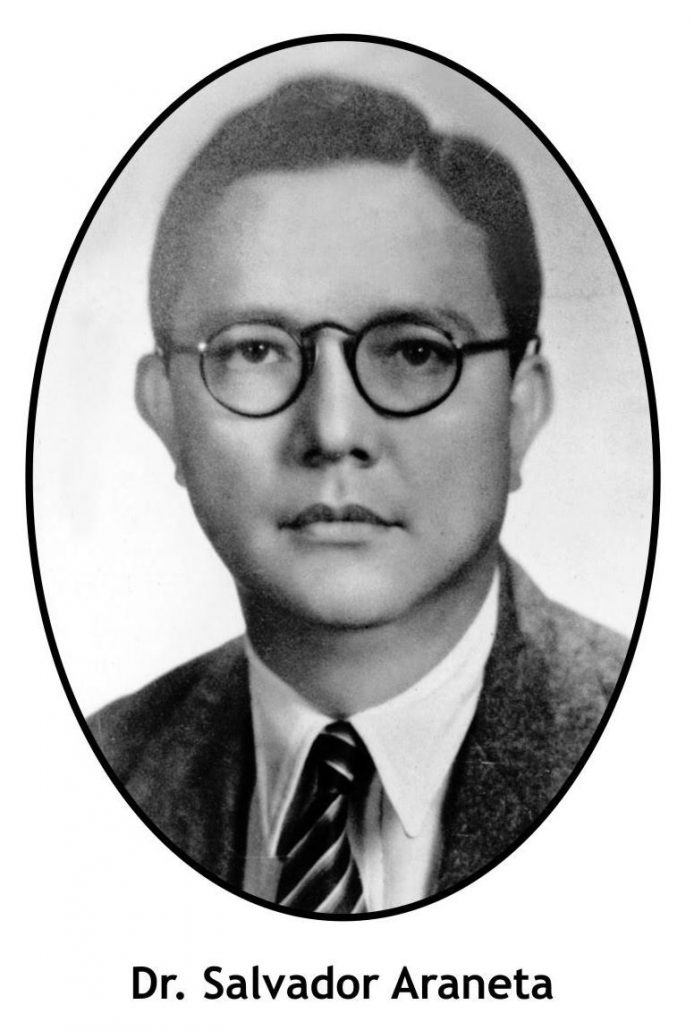 PEGGING the dollar was another highly objectionable clause of the Bell Trade Act. Would any government in the world assume such an obligation?
PEGGING the dollar was another highly objectionable clause of the Bell Trade Act. Would any government in the world assume such an obligation?
Should any student of economics point out that the provision in the Bell Act was no different from those already imposed on our Republic by the Bretton Woods Agreement?
The answer can be found in Kenneth E. Boulding’s “Economics of Peace.” Araneta saw that the Bretton-Woods Agreement provided for ample and reasonable elasticity of currencies but the Bell Trade Act did not.
Araneta was once again vindicated when the Bell Trade Agreement was unofficially repudiated with the consent of the government of the United States with the imposition of import controls in 1948, exchange controls in 1949 and the 17 percent tax on the sale of foreign exchange in 1951. Sadly, by then the country was bankrupt.
While President Roxas was in favor of granting parity and signing the Bell Trade Act, Araneta was not. Araneta proved that he had taken the correct stand, because after three years, the country was bankrupt and we did not get a foothold on the establishment of industries that was so urgently needed so we could recover from the ravages and ruins of war.
We needed to be self-sufficient and have export products to utilize our vast natural resources. Instead, our natural resources were being diverted and exported to Japan, which was part of America’s plan to “keep us behind the plow and the carabao.”
This is how America treated her ally in World War II while pouring in assistance to Japan and rebuilding Japan. Japan was without natural resources and therefore could not industrialize. It did so through natural resources being channeled from the Philippines as part of Washington’s design. The Philippines would only be a mere provider of raw materials.
The United States would use Japan “as a base to protect its military power but not until Japan had become the primary or sole powerhouse of industry.”
Senator Tydings himself said: “The truth of the matter is that most people, outside the Philippines who are in favor of this bill, are fundamentally opposed to Philippine independence. Many of them have told me so. I do not like to mention names. Their whole philosophy is to keep the Philippines economically even if we lose them politically.”
Araneta was once again correct in his assessment with regards to Philippine independence and its imposed economic policies. As Araneta predicted, “Ours was only a paper independence.”
Roxas made a couple of pronouncements making it known that his loyalty was to Washington and he was, therefore, committed to follow the dictates of Washington. The Americanization of the Filipino had to become obvious to some. Roxas simply confirmed it; he no longer saw himself as a Filipino. He saw himself only as an Oriental by the accident of birth and it was only this that made him an indio.”
Roxas even said, “We are part of the Western world by reason of culture, religion, ideology and economics.” Roxas had changed. He was different from the man Araneta knew in the 1930s. At that time, Roxas was considered an economist and a nationalist. (To be continued/PN)

